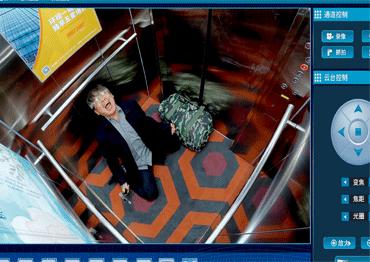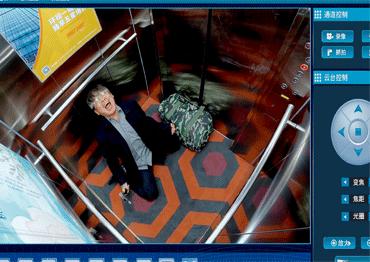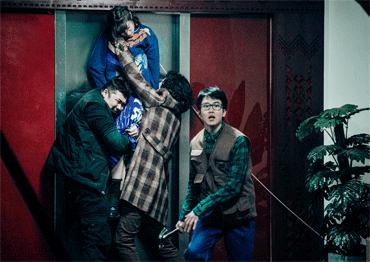Comprised of 32, 15-minute episodes over two seasons, Cloud Prison has been called China’s first “screencast drama,” a genre that tells stories through screens, from computers and smartphones to surveillance cameras and dashcams.
“This time, we wanted to take the traditional cinematic language back to school,” series director Mou Xincen told NewsChina.
Mou got the idea for a screencast drama when his computer died in 2017.
To fix it, he contacted an online repair service that could connect to his computer remotely. Mou said he was entranced as the mouse cursor flitted about his computer screen outside of his control.
“I wanted to know how he’d fix it remotely, so I kept staring at the movement of the cursor, observing when it clicked and when it stopped. As I watched, I realized that I was trying to figure out how the man behind the screen was thinking. Then it came to me that I could tell a story this way,” the 31-year-old director told NewsChina.
The idea had previously been explored in American cinema with independent feature 0s & 1s (2011) and thrillers V/H/S (2012) and The Den (2013).
However, Unfriended (2014) is the first feature-length film told entirely through a computer screen. In the story, protagonist Blaire messages her friends via Facebook, Gmail and iMessage, and actors only appear through Skype calls. Made for just US$1 million, the low-budget horror film grossed $64.1 million worldwide.
2018 marked a milestone for the genre with the release of two American features - Unfriended: Dark Web and Searching, the latter of which saw both commercial success and critical acclaim. It tells a story of how a single father searches for his missing daughter through clues on her laptop only to learn secrets his daughter has kept from him. The low-budget thriller (US$880,000) raked in $75.5 million in the worldwide box office.
Released on the Chinese mainland in December 2018, Searching was the highest rated horror/thriller of the year on Douban, China’s leading media review website.
That year, screenwriter Ye Xiaobai planned to write a new drama following the success of his debut mini web series Breaking Up. Based on his own experiences of unsuccessfully shopping around his first book, Ye conceived a story about a failed writer who comes across a flash drive containing a diary, publishes it, and is sucked into a vast, dark plot.
“Zhang Yan discovers a diary that divulges a real murder and then gains fame and fortune from publishing it. Later the diary’s owner finds him and starts to blackmail him - all of this unfolds on the internet. After watching Searching, I was tremendously inspired and realized that this screen-based storytelling format perfectly suited the story I was about to tell,” Ye told NewsChina.
He quickly completed the drama’s outline and wrote five episodes.
Series producer Wang Ying said the show fills a gap in Chinese filmmaking. “I was quite confident about the project, as the genre was still an untrodden field in China,” Wang told our reporter.
Video-sharing platform Youku quickly took on the project and recommended director Mou Xincen, who came to fame in 2018 with his debut The Classification of Spirit, a popular sci-fi thriller web series.

 Old Version
Old Version

